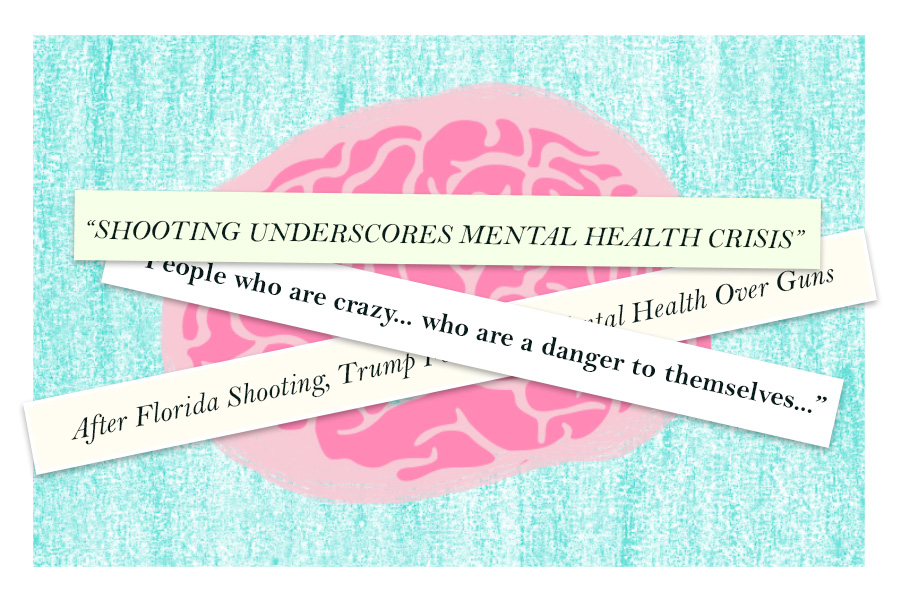It can be embarrassing for some students to walk up the ramp to the entrance of the University of Miami Counseling Center. The fear of being seen seeking help keeps some people from ever making an appointment. Healthy U, Healthy Me and Counseling Outreach Peer Education are trying to change that by bringing mental health awareness to the center of campus.
Last week, that help came in the form of a full week of “Health Week” events hosted by HUHM, a health and wellness organization.
College is a particularly risky time for students’ mental health since the late teen and early adulthood years are a common time for people to experience the first symptoms of many illnesses, including depression, bipolar disorder and schizophrenia, said Amanda Jensen-Doss, associate professor of psychology.
“We know that early treatment is really important, so college students can help each other out by keeping an eye on one another and encouraging each other to get help,” she said.
Words such as “depression” and “panic attack” are extremely familiar to Tiffany Vlasenko, a sophomore majoring in international relations and computer science.
She said people her age were raised being told that seeking help for one’s mental health is a weakness, and that with enough willpower, eventually people would “get over it.”
“As a kid, I was never exposed to mental health” Vlasenko said. “I never even understood what I was feeling. There was no media representation of someone who suffered from it.”
Sabrina Xiao, the chair of COPE, said the stigma related to mental health is still widespread because of a lack of knowledge and a culture of shame and silence.
“Taking the first step to start the conversation is crucial,” said Xiao, a senior majoring in Biochemistry and Molecular Biology. “Being vulnerable and honest with our struggles helps normalize sensitive topics and encourages more people to seek help.”
Vlasenko said she waited to seek help until things were so bad she “didn’t care,” but she doesn’t want others to go through that experience.
To prevent students from reaching this snapping point, COPE regularly organizes events on campus to quiz students on mental health, spread awareness and offer a self-screening tool for common mental-health issues. With such events, COPE wants students to become more knowledgable and support each other.
“There’s always somebody who’s willing to talk to you,” said Rhea Manohar, president of HUHM. “You just have to be willing to talk to them.”
If you are struggling with mental-health issues or know anyone who is, you can reach the Counseling Center at 305-284-5511 at any time of the day or night. The center offers different services, including emergency and walk-in appointments, individual therapy, group therapy and psychiatric services.
Feature photo is an illustration by Grace Wehniainen.






